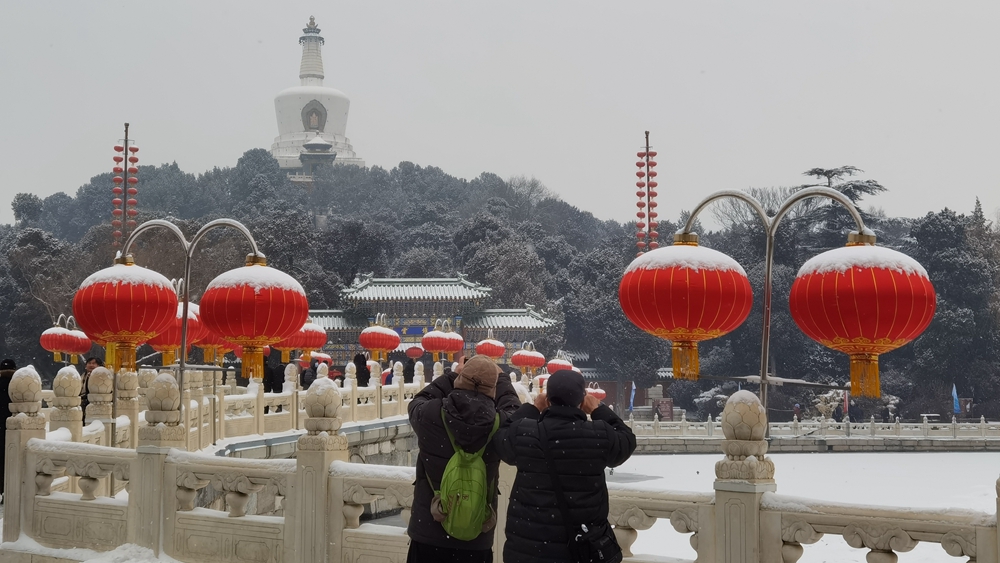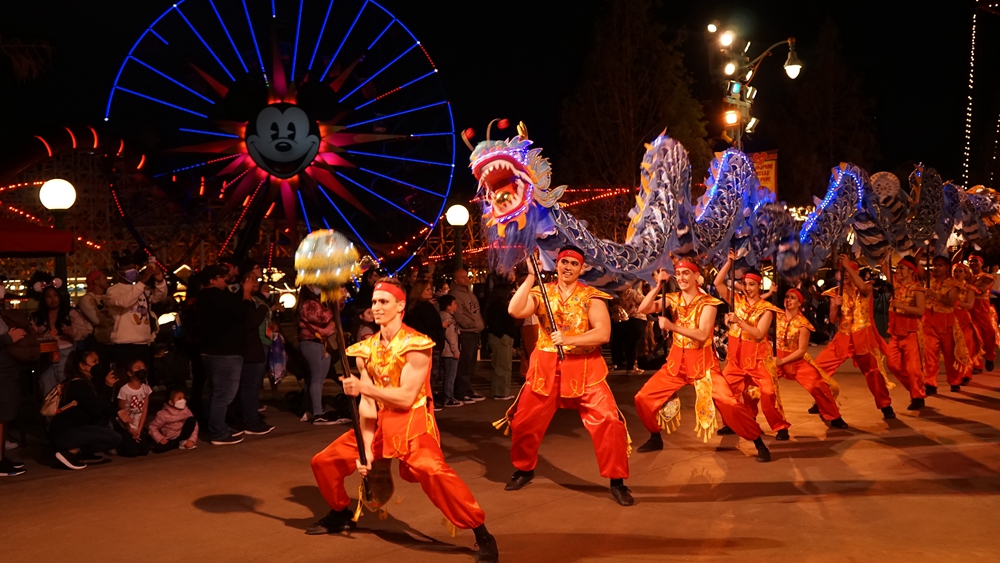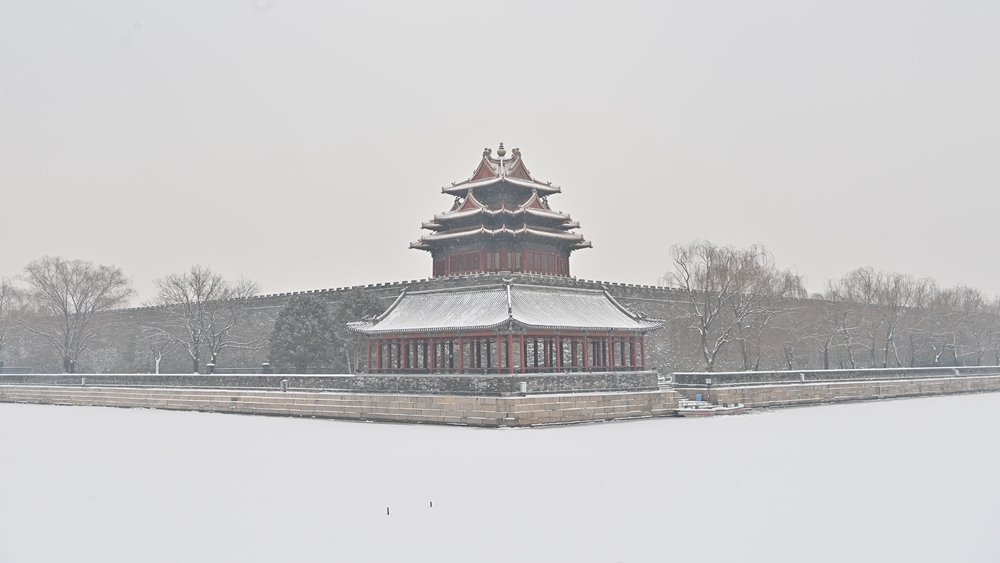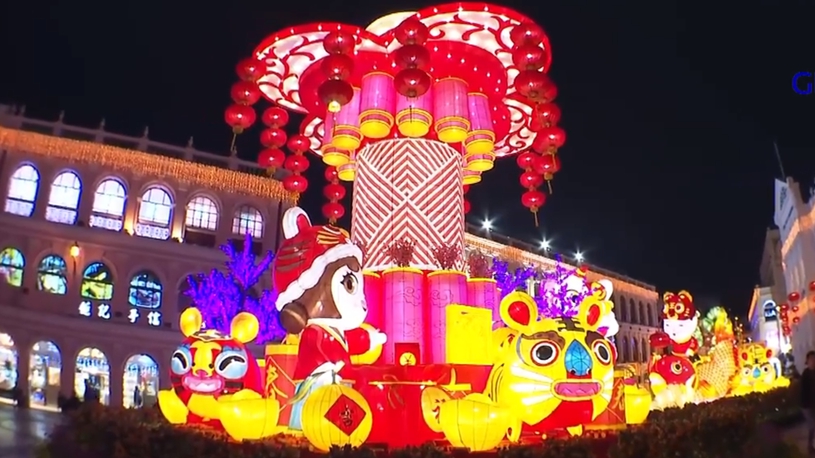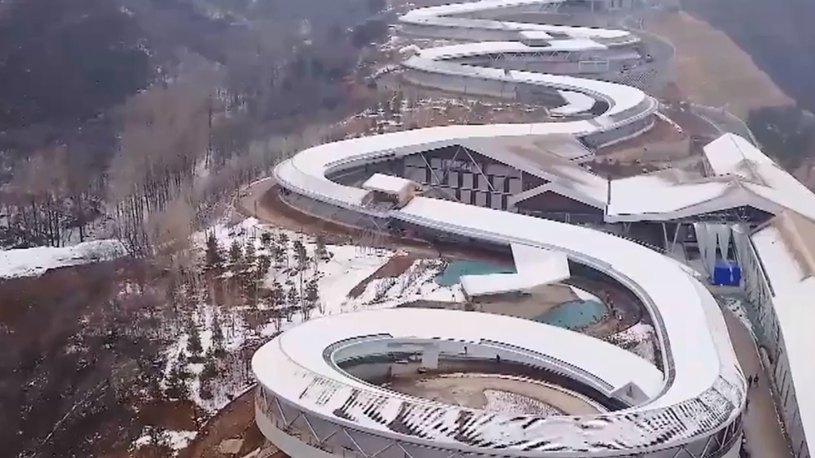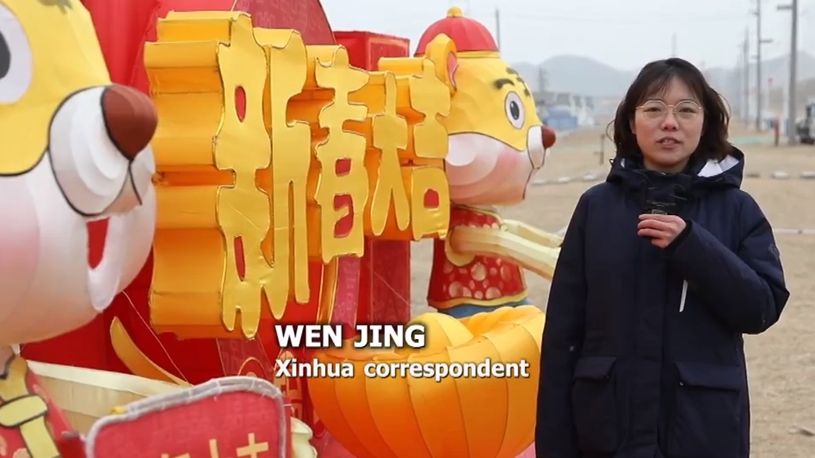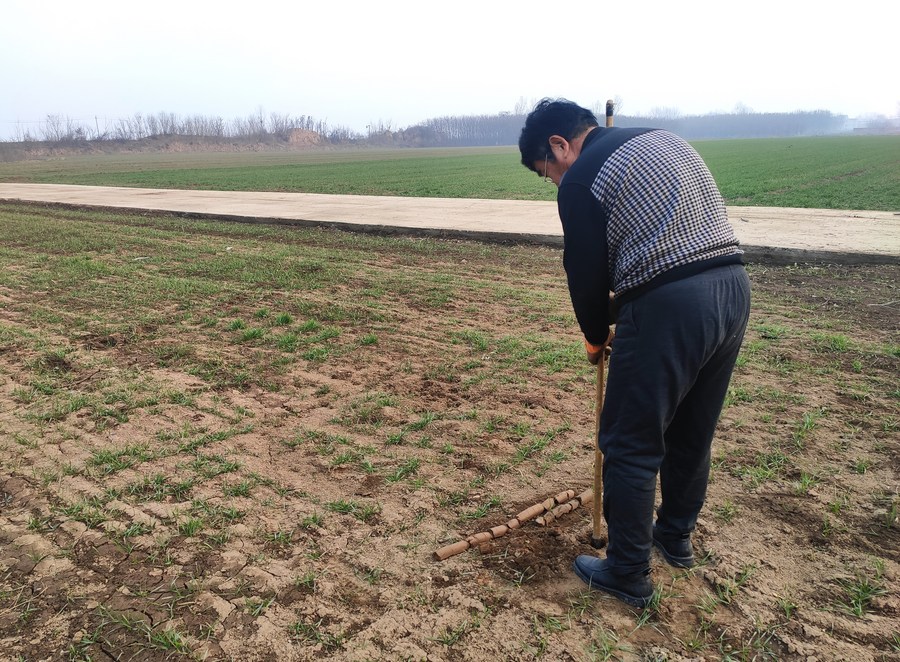
Undated file photo shows an archaeologist conducting survey of a royal mausoleum of the Eastern Zhou Dynasty (770 B.C.-256 B.C.) in Jincun Village in Luoyang, central China's Henan Province. (Cultural relics and archaeology research institute of Luoyang/Handout via Xinhua)
ZHENGZHOU, Jan. 28 (Xinhua) -- An archaeological survey of a royal mausoleum of the Eastern Zhou Dynasty (770 B.C.-256 B.C.) has been launched in central China's Henan Province, the cultural relics and archaeology research institute of Luoyang confirmed on Thursday.
The mausoleum is located in Jincun Village in the city of Luoyang, covering an area of about one square km.
The archaeological survey, carried out by the cultural relics and archaeology research institute of Luoyang, the Chinese Academy of Social Sciences, Shanghai University and other relevant local organs, is scheduled to comprise three phases and last for five years.
"Detailed exploration and modern geophysical exploration technologies will be utilized to probe into the mausoleum area, but this will not involve the kings' tombs," said Yan Hui, an official with the cultural relics and archaeology research institute of Luoyang.
Archaeologists said that many tombs of Eastern Zhou dukes have previously been found in the country, but none of the tombs of the kings of the dynasty, of the highest grade, have been discovered in its entirety so far.
Archaeologists also believe that the survey is of great significance in tracing cultural relics that have gone missing from the mausoleum.
From 1928 to 1932, thousands of cultural relics from the mausoleum in Jincun, such as objects made of gold, silver, bronze and jade, were stolen by tomb raiders. The relics have been found in dozens of cities in more than 10 countries.
"The survey can provide reliable evidence for the repatriation of those lost cultural relics from Jincun," said Zhao Xiaojun, head of the cultural relics and archaeology research institute of Luoyang. ■




